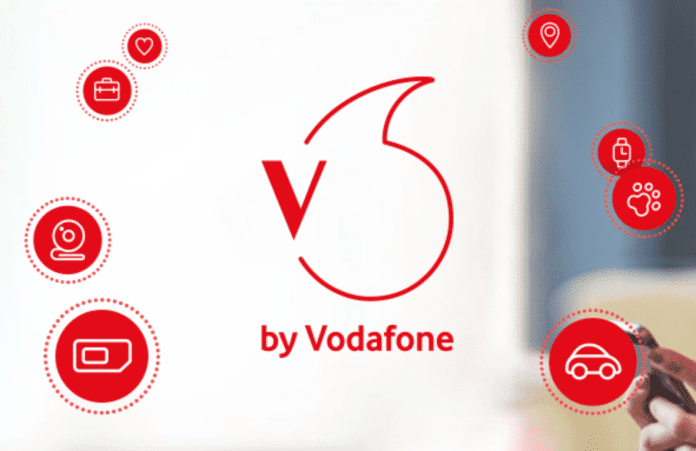Vodafone IoT Director: ‘IoT and blockchain are the new power green couple’
Vodafone Business is working with global, nonprofit blockchain organization Energy Web (EW) to integrate distributed energy resources (DERs) with power grids using IoT and blockchain technology. The partnership addresses the growing number of IoT devices in the world’s utility grid systems, driven primarily by the demand for sustainable and decentralized energy sources.
The Energy Web Chain, established by EW in 2019, is the world’s first open-source, enterprise blockchain platform designed specifically for the energy sector.
In a blog post, Vodafone Business’s Internet of Things Director Erik Brenneis wrote, “Heat pumps and solar panels are now a common occurrence in households around the world and wind turbines are a major contributor to the energy mix.”
He further stated that emerging energy storing solutions like the recently revealed Tesla battery opens up “a whole new world of opportunities” when it comes to the generation and storage of energy.
As exciting as this may be, the decentralization of assets requires improved monitoring and oversight to ensure that the grid remains stable and efficient.
“As the number of decentralized, new-generation, low-carbon devices grows, so does the need for them to be securely connected regardless of their location,” Brenneis said. “This connection needs to be simple and secure, ensuring assets are easily able to be connected to and managed by energy and communication networks around the globe.”
Specifically, the partnership will allow Vodafone’s global IoT connectivity to make utilize SIM-centric Blockchain technology (SCB), which, according to Brenneis, will provide an additional layer of secure identity management.
“This will provide a secure digital ID for every device and allow the decentralized energy assets to be safely integrated within a grid,” he wrote.
Walter Kok, CEO of Energy Web commented further on the benefits of combining the power of IoT and blockchain: “The convergence of multiple sectors in making the energy transition happen — the energy sector, of course, but also automotive, telecoms, and even finance. From our perspective, the energy sector can only evolve so fast and so far without taking into account IoT connectivity.”
According to Gartner research, the largest portion of the world’s IoT endpoints installed in 2019 were in the utilities sector, which made up 1.1 billion out of the total 4.8 billion.
Currently, Vodafone Business can claim more than 100 million global IoT connections, and last October, the company announced an NB-IoT roaming deal with AT&T, as well as the establishment of an IoT lab in the U.S.

